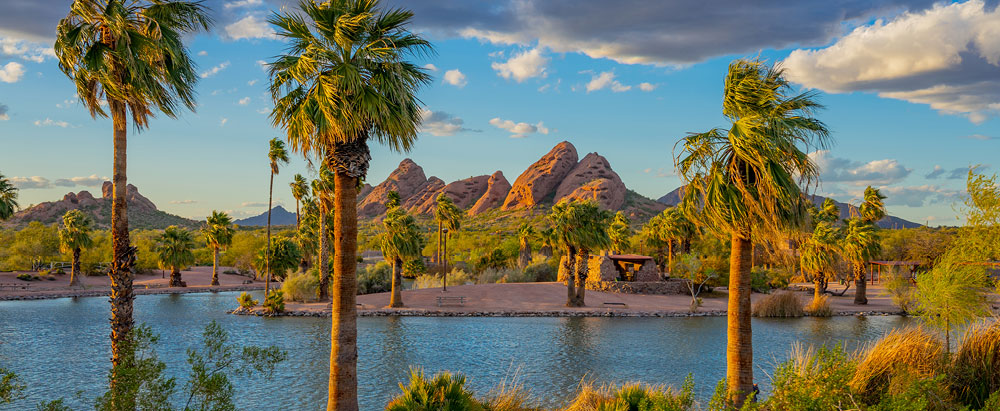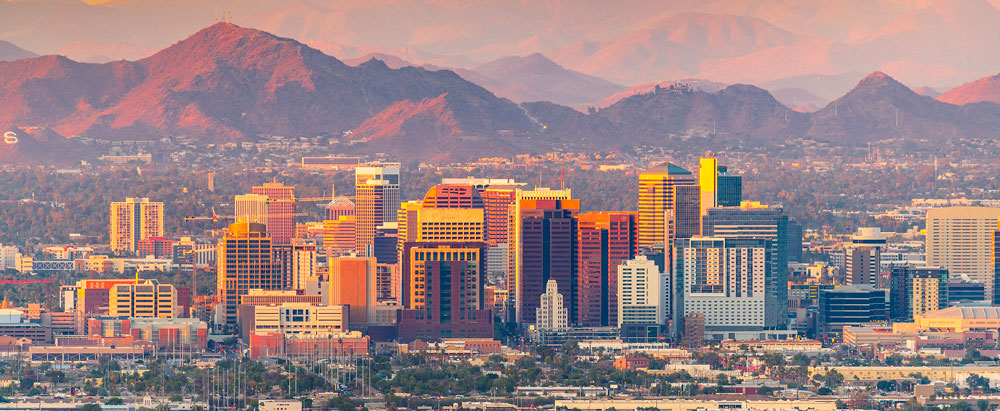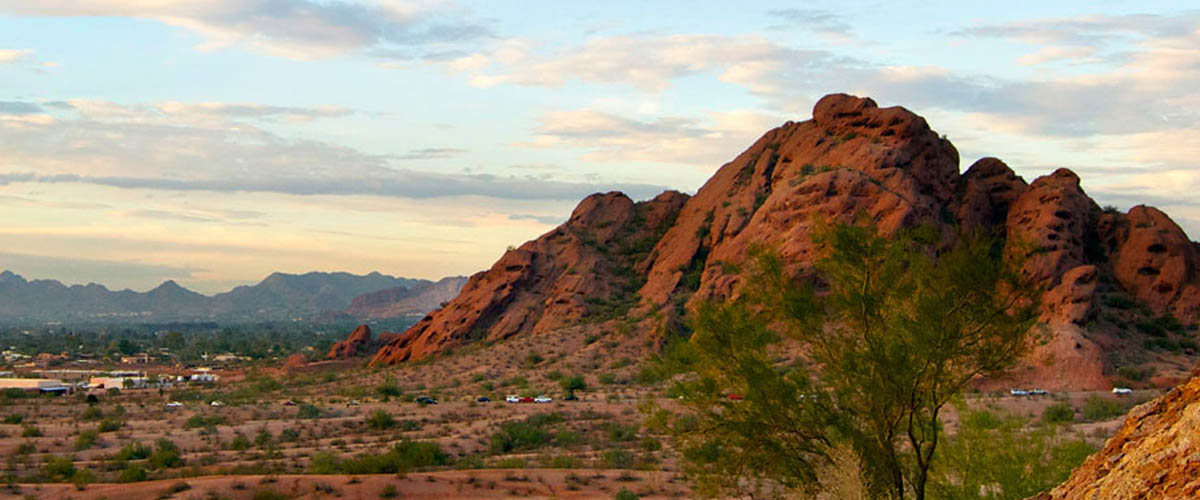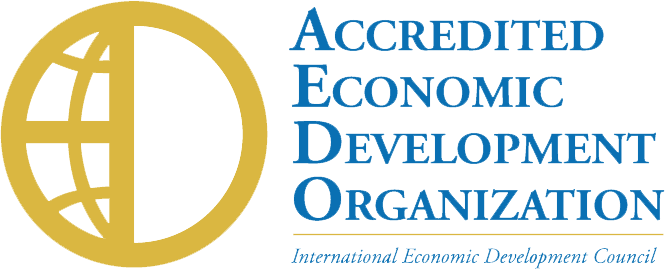With low natural disaster risk comes big opportunities. See why the Phoenix metropolitan area consistently ranks among the safest places in the U.S. to do business.
Low natural disaster risk
The probability of catastrophic natural disaster is significantly lower in Phoenix than almost any other market. Its geographic positioning means a low risk of earthquakes, tsunamis, hurricanes and wildfires.
Phoenix has almost no history of damage associated with seismic, tornado and flooding events. And the city ranks on the lowest scale of earthquake threat, according to the United States Geological Survey.

A mild climate, believe it or not
Despite Phoenix's reputation for a hot climate, the area's temperatures are actually mild for the majority of the year.
With annual average temperatures between 63 and 87 degrees, facilities can leverage reduced chiller operations up to 40% of the year, water-side free cooling up to 41% of the year, and air-side free cooling up to 38% of the year.
All this means less risk of lost work time, greater security for your infrastructure and the ability to control costs related to facility heating and cooling. In fact, Arizona routinely rates among the lowest users of energy per capita in the U.S.




